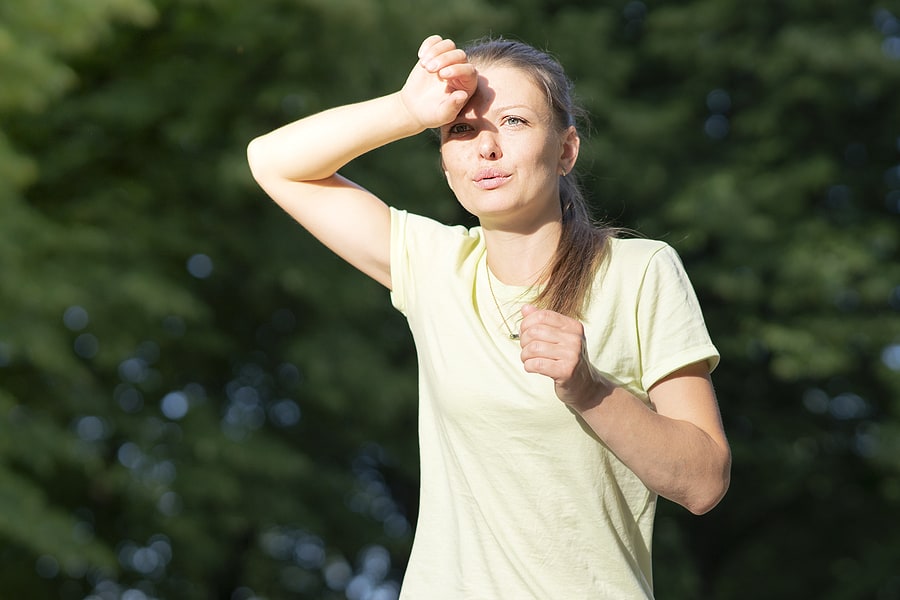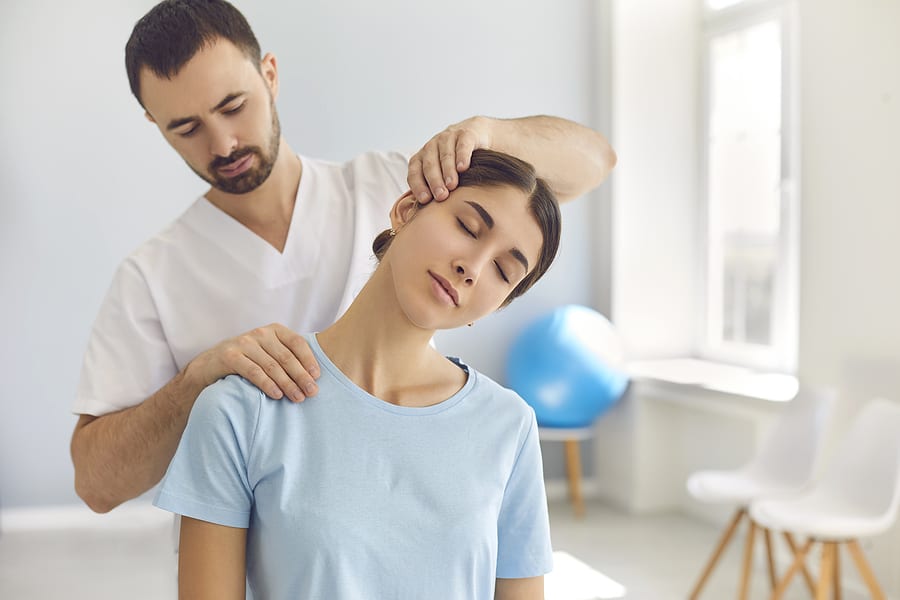
Do you always feel guilty about letting down friends or family because you had to bow out of social gatherings due to a migraine episode? Can you relate to the struggle of trying to explain to others that a migraine is not just a "bad headache" but an all-encompassing, debilitating experience? Have you ever had to make a tough choice between taking migraine medication or enduring the pain and discomfort of an episode, hoping they will soon go away? Do you know how to cope better with your condition and find lasting migraine relief in Pataskala? What are your triggers? Below are 10 known migraine triggers and practical strategies to help you cope better.
Stress is a major migraine trigger, affecting a big chunk of migraine sufferers. The never-ending cycle of stress and migraines can be exhausting. Identify stressors in your life and work on reducing them. Techniques like relaxation therapy, meditation, exercise, and maintaining a consistent sleep schedule can help manage stress and reduce its impact on migraines.
Irregular sleep schedules can trigger migraines, especially if you're not getting enough rest. Many migraines occur between 4:00 a.m. and 9:00 a.m., making sleep patterns even more critical. Aim for 7-8 hours of sleep each night and follow a consistent sleep schedule. Avoid distractions like screens in bed, and resist daytime naps.
Women often experience "menstrual migraines" due to hormonal fluctuations during their menstrual cycle. Consult a specialist for options to help stabilize hormone levels and reduce the risk of menstrual migraines.
Caffeine can trigger or worsen migraine symptoms, but some report drinking a cup of coffee helps relieve their symptoms. This usually depends on the person. Moderation is essential, and observing your symptoms closely can also help. Know your limits with alcohol and be mindful of your body's signals. If you notice migraine warning signs after drinking, hydrate adequately and take your prescribed medication when needed.
Weather changes like storms and extreme heat are common migraine triggers. High humidity and heat can also lead to dehydration, compounding the risk. When unfavorable weather conditions strike, consider staying indoors or adjusting your schedule. Plan outdoor activities during cooler times of the day.
Certain foods, like those high in histamine, MSG, chocolate, dairy, artificial sweeteners, caffeine, and cured meats, are known to trigger migraines. Identify your specific food triggers and avoid them whenever possible. Some people adopt a migraine-friendly diet to reduce their risk.
Dehydration triggers migraines in about one-third of sufferers. Even mild dehydration can lead to severe head pain. Carry a water bottle, track your fluid intake, and reduce diuretic consumption. Sometimes, simply drinking water can stop a migraine in its tracks.
Photophobia, a sensitivity to light, is common among migraine sufferers. Bright natural light and fluorescent or flickering bulbs can be problematic. Wear sunglasses outdoors and avoid flickering lights or glare indoors. Greenlight is less likely to trigger migraines, so consider using green-tinted bulbs or glasses.
Strong odors can activate migraine-triggering nerve receptors in the nasal passages. Ask friends and coworkers to avoid strong fragrances. Steer clear of perfumes, potent food smells, chemicals, or gasoline.
Ironically, using acute migraine medications too frequently can lead to more frequent migraine attacks. If you suspect this, consult your doctor to know what alternative remedies you can use.

Many don't realize this, but upper cervical misalignment can contribute to migraines. Injuries, accidents, and stress are common causes of such misalignment. Upper Cervical Care focuses on correcting upper neck misalignments. This method may relieve migraines, particularly those stemming from cervical issues.
If you're seeking migraine relief in Pataskala, exploring Upper Cervical Care could be a valuable option and may offer hope and relief to migraine sufferers. Don't let migraines dictate your days; take charge, identify your triggers, and seek the relief you deserve. Book a visit to our office today, and we will do our best to help you find relief from your pain and discomfort. You deserve a life free from migraine's debilitating grip. Let us help you.
To schedule a consultation with Dr. Claggett, call our Pataskala office at 740-951-0011. You can also click the button below.

If you are outside of the local area, you can find an Upper Cervical Doctor near you at www.uppercervicalawareness.com.